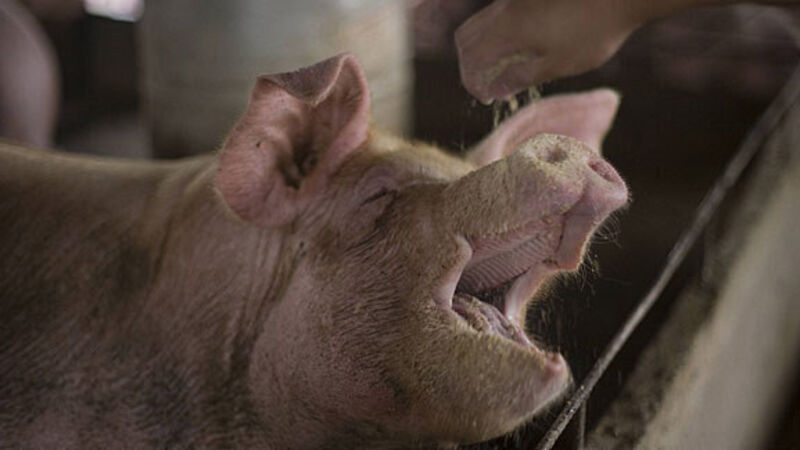We should be more pigheaded about pork

Pigs. Fat, snuffly, pink and brown and clever, yet undervalued other than as something to stick in a sandwich. (Unless you’re David Cameron, but let’s not even go there.) We all know that pigs are more intelligent than dogs. That they are highly sociable, fertile and nimble, and love a good game of football. That they can solve puzzles like a monkey, given the chance. That they love trundling around outdoors, rootling and grunting and being alive.
Yet we still don’t regard them highly. Telling someone they are swinish and pig-headed and living in a pigsty is to insult them in three different ways; pigs are synonymous with the double negatives of dirty and greedy. We don’t put bells on them, as we do with cows, or write poems about them gambolling in spring meadows, like we do with lambs. We don’t revere and admire them like we do horses, or anthropomorphise them the way we do with dogs and cats.















